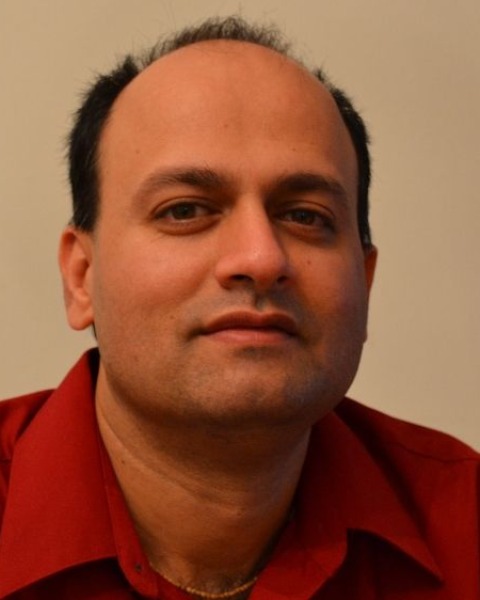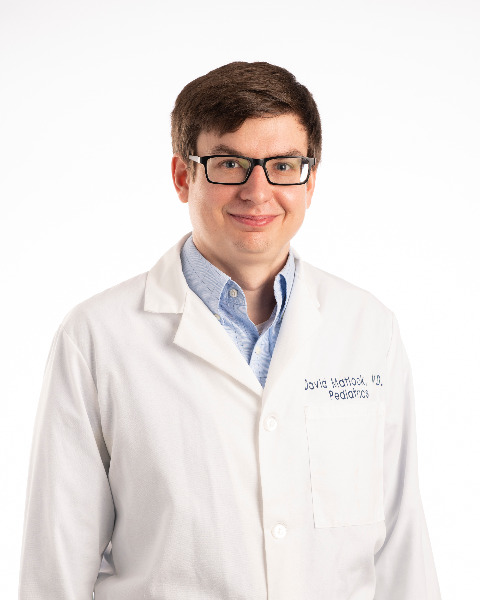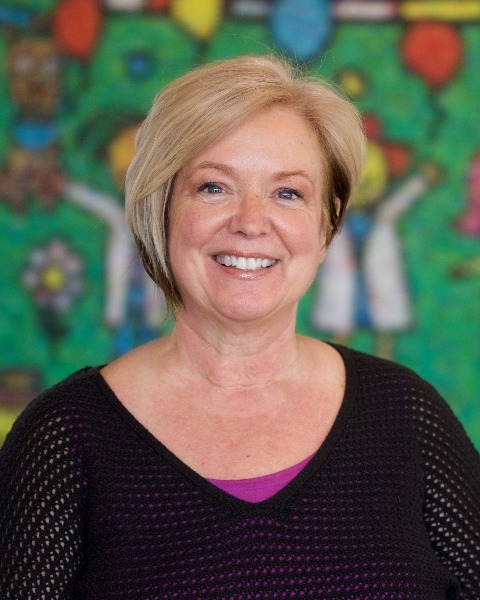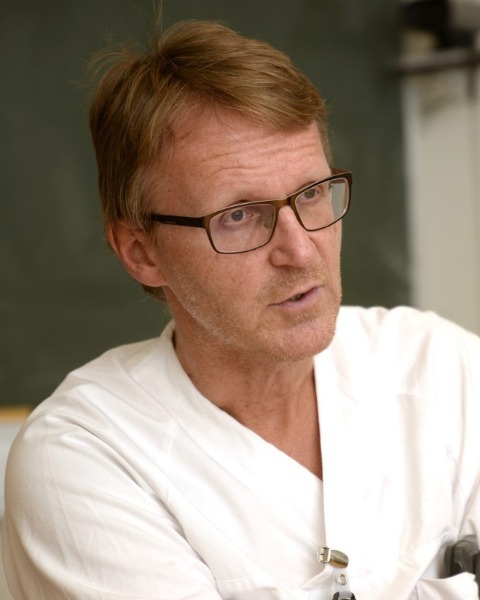Clinical Research
Critical Care
Neonatology
Pulmonology
Advanced treatment strategies for managing infants with respiratory failure
-

Manoj Biniwale, MD
Associate professor of Pediatrics
Keck School of Medicine of the University of Southern California
Los Angeles, California, United States -
.jpg)
Rangasamy Ramanathan, MBBS, MD
Professor of Pediatrics/ Division Chief/Program Director-NPM Fellowship
Pediatrics/Division of Neonatal Medicine
Keck School Of Medicine Of USC
Los Angeles, California, United States -

David Matlock, Jr., MD
Assistant Professor
University of Arkansas for Medical Sciences
Little Rock, Arkansas, United States -

Kimberly Firestone, MSc
Director, Respiratory Care and Clinical Outreach Services
Akron Children's Hospital
Canton, Ohio, United States -
SL
Satyan Lakshminrusimha, MD FAAP (he/him/his)
Professor and Chair
UC Davis Children's Hospital
Sacramento, California, United States -

Claus Klingenberg, MD, PhD (he/him/his)
Lead consultant, NICU
University Hospital of North Norway
Tromsø, Troms, Norway
Leader(s)
Co-Leader(s)
Workshop
Description: All practitioners working in the neonatal and infant critical care units manage sick infants with respiratory failure on day-to-day basis. With evolving field in the advanced respiratory care of these infants it is important to recognize impending respiratory failure in timely fashion and manage oxygenation and ventilation needs in timely fashion in order to prevent further complications. The present workshop will address the specific unmet needs for respiratory management in these infants who are especially difficult to ventilate or oxygenate. Advanced noninvasive ventilation using NIV plus software, NAVA ventilation, volume guarantee ventilation and inhaled nitric oxide therapy are some of these strategies that are not commonly used in NICU settings. It will be highly beneficial to attendees that are not familiar with using these strategies as learning to use will help decrease morbidities in sick infants. The present workshop will be delivered by the faculty who have extensive experience in their respective stations and are recognized experts in this field.
In the first part of the workshop the faculty will present briefly describe how each modality works along with specific indications for its use. It will be followed by small group live demonstration, hands on experience, interesting case discussion and interactive question and answer session at each station in small groups. The faculty experts will provide information on how to optimize the use of the individual strategy along with troubleshooting in difficult cases. The attendees will rotate to all four stations in order to gain maximum experience.
Learning Objectives:
- Recognize the need for advanced ventilation and oxygenation support for infants with respiratory failure
- Choose the right modality to provide optimized oxygenation and ventilation in infants suffering from respiratory failure where conventional strategies fail
- Assess unique features for individual components of each modality providing respiratory support and able to troubleshoot maximizing success
